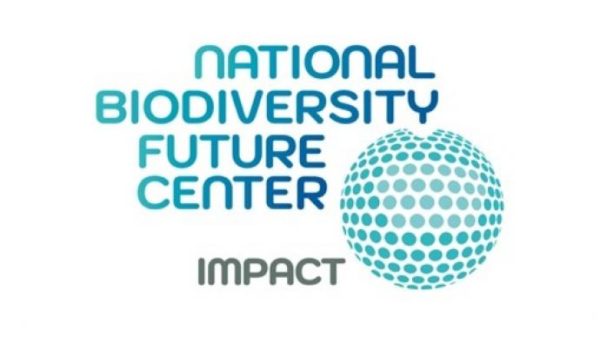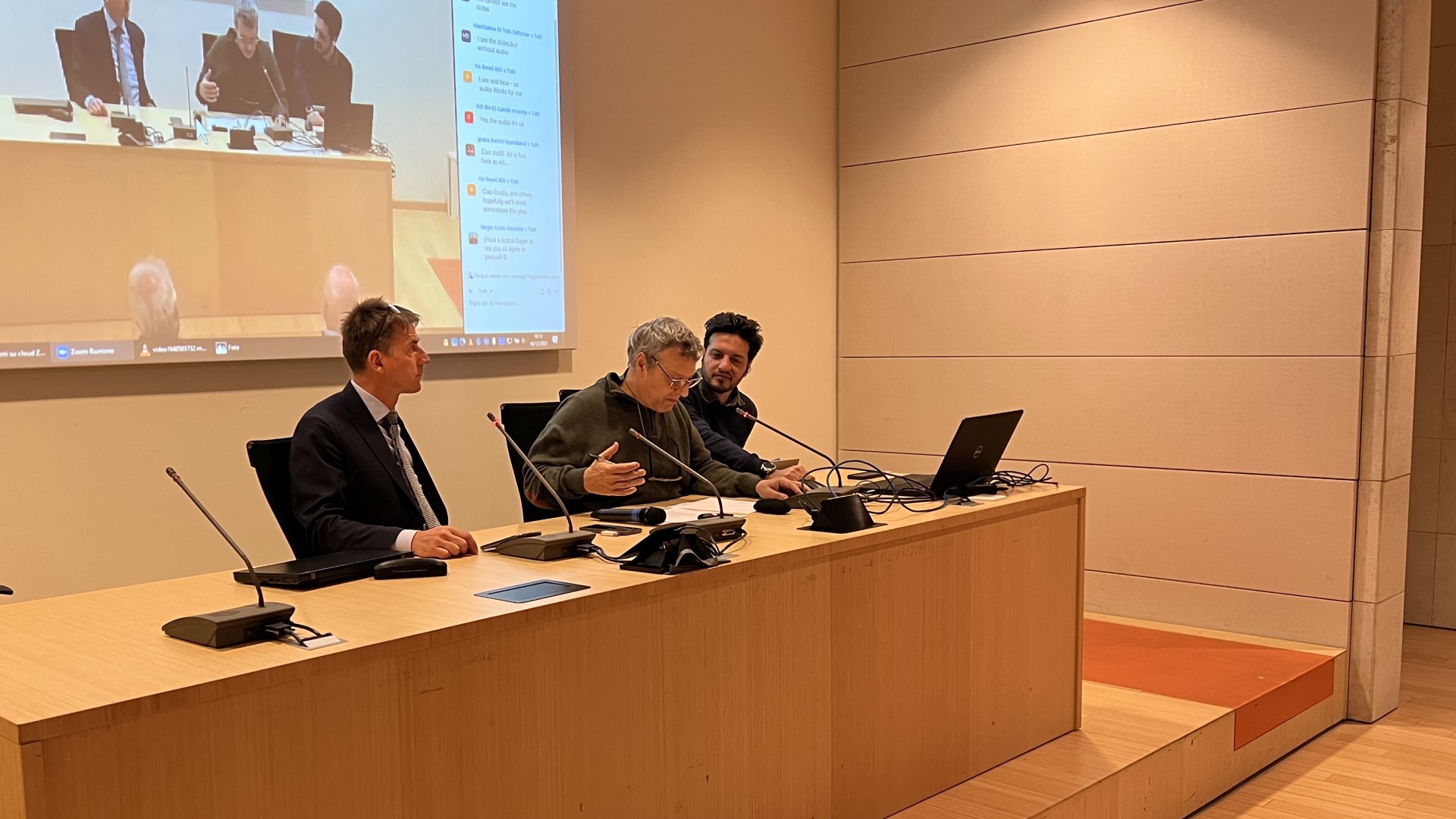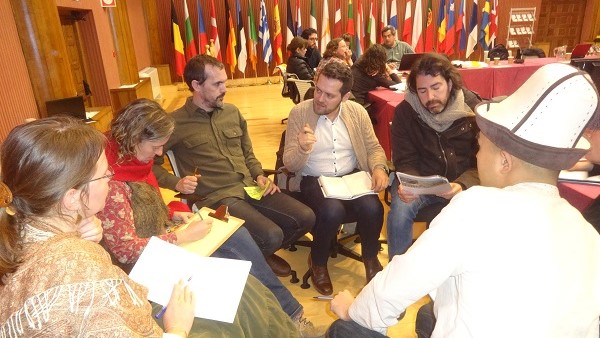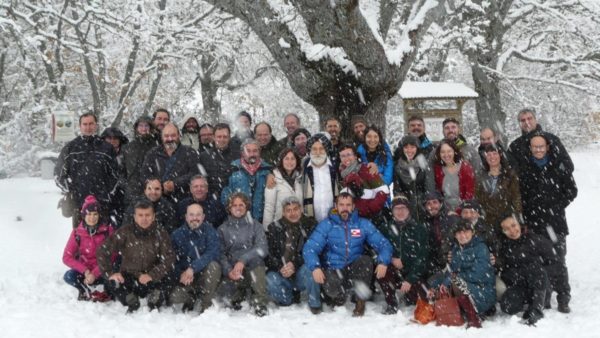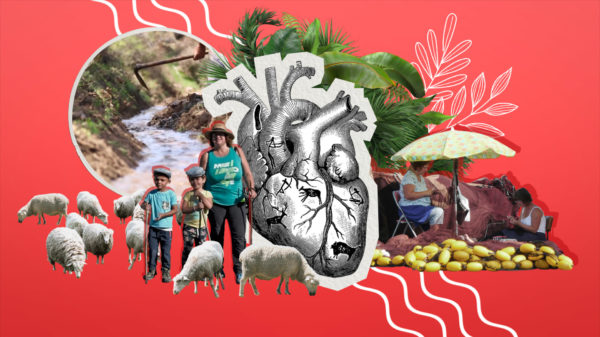The assembly discussed at length how to make the European territories of life more visible within the relevant legal and policy frameworks. The participants also recommended establishing national-level networks and networks of territories of life linking communities speaking the same mother tongue
First published on 09/19/2023, and last updated on 09/25/2023
By Marco Bassi, Regional representative for Europe to the Council; Federico Bigaran, Honorary member; Mauro Iob, Honorary member; Marta Villa, Honorary member; and Alessandro Mancuso, Honorary member
The second European Regional Assembly of the ICCA Consortium was held in a hybrid modality in Trento, Italy, on December 18, 2022. The supporters of the local movement of the commons helped us to secure a comfortable and equipped venue; the Muse Museum of Trento provided us with the space to organize the meeting. We were pleased by the remote participation of Grazia Borrini-Feyerabend, who reminded us about the fundamental meanings and values of ICCAs–territories of life and the work done by the ICCA Consortium.
We have used the opportunity of the assembly to welcome the new European Members and Honorary members of the Consortium.
Robert Brugger from the Amministrazioni Separate per gli Usi Civici (ASUC) of Rover-Carbonare and Carlos Zanon of the Comunanza of the Regole dell’Alpago described the socio-ecological aspects of their territories and explained their efforts to manage natural resources for future generations and to revitalize and strengthen communities’ governance institutions. Their self-introduction was entirely in line with Grazia’s presentation, clearly showing that the environmentally aware rural commons in Europe with relevant biodiversity can be fully considered as ICCAs–territories of life.
The second session of the meeting aimed to outline the European activities of the ICCA Consortium.
Sergio Couto presented a brief report of the previous activities of the Consortium in Europe, again recalling the relevance of the Common Lands Network (CLNet) of the International Land Coalition (ILC) and the potential for future collaboration. Presentations were then given on the situation in the various countries, including those by Iris Beneš on the progress achieved in Ganja, a territory located in Croatia; Mauro Iob on the relevance and potential of Italian Law 168/2017 on domini collettivi (common land or rural commons); Marco Bassi on the establishment of the National Biodiversity Future Centre (NBFC) in Italy (with a small component to highlight the relevance of rural commons for conservation); Gretchen Walters and Olivier Hymas on the ongoing work of classification and advocacy with French rural commons.
We have also displayed a video recorded by Pablo Domiquez on the Sinjajevina (Montenegro) territory of life and the campaign to protect the mountain pasture from militarization.
The discussion on inadequate policy and practice at the European Union (EU), national, and subnational levels has mainly focused on a presentation on the restitution of the preparatory workshop results by Marco Bassi, with essential inputs provided in the discussion by Alessandro Mancuso and Federico Bigaran. In the Autonomous Province of Trento, agricultural and environmental biodiversity has been maintained thanks to the presence of collective domains that highly contributed to re-establishing local breeds.
These two elements formed a “traditional collective pasture management” with benefits and positive externalities for the whole community, fully compatible with protecting and preserving natural areas. The managing authorities of common lands—Amministrazioni Separate per gli Usi Civici (A.S.U.C.) are responsible and able to choose the best for their agro-forestry-pastoral assets.
Two Italian laws: n. 168/2017 on collective domains and n. 194/2015 on biodiversity for food and agriculture bind together the collective land management and the conservation and enhancement of natural and cultural heritage, strengthening the constraints of inalienability, indivisibility, non-applicability of the adverse possession norms and the perpetual destination of common land for agricultural, forestry and pastoral activities.
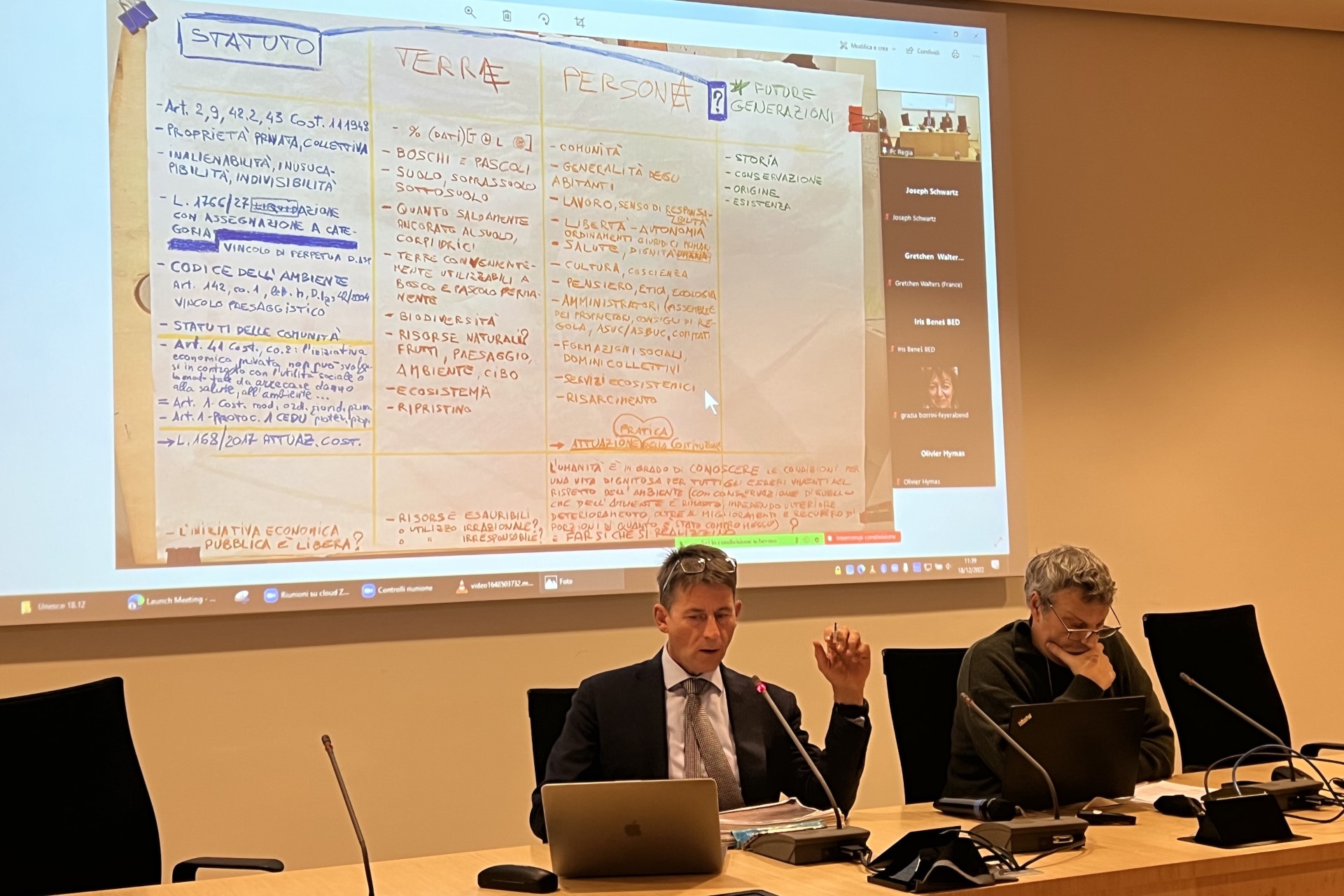
The way forward
Writing about the First European Regional Assembly of the ICCA Consortium, Emma Courtaine and Sergio Couto reported: “The more we discuss ICCAs—territories of life and commons—in Europe, the more we understand that many territories of life are hidden within country systems.”
Much of the hidden concern by communities is grounded in rural commons with different degrees of recognition within European countries’ highly differentiated legal systems. In the meeting, we discussed how to make them emerge for proper consideration within EU agricultural and environmental policy. To this end, the regional Secretariat of the ICCA Consortium needs to provide initial support to monitor calls and assist with the technical formulation of proposals.
The relationship of trust established with ILC—specifically the CLNet initiative—is fertile ground for a possible collaboration to develop a technical unit as an extension of the regional Secretariat to work at the EU level. In this process, however, it is essential to mainstream the concept that there are more territories of life in Europe beyond the rural commons, and not all European rural commons are territories of life.
European-level coordination is crucial, but the substance is grounded in the communities’ experiences within their national context. This is why we recommend establishing informal networks of territories of life linking communities speaking the same mother tongue. Countries like Italy and Spain have enough grassroots members to develop their networks. Still, we invite the Members and Honorary members to make a great effort to promote membership in other European countries, especially by involving grassroots organizations.
Linguistic and legal diversity and national specificity are the key elements to consider for the success of national networks and campaigns in Europe. Increasing the number of grassroots Members is also a pre-condition for making the ICCA Consortium highly representative on the continent, thus increasing the possibility of successful engagement in proposal formulation.
We highly welcome the recommendation that while building the networks nationally and working across languages, we should also maintain strong coordination among the networks for proposal submissions to secure funds, peer-to-peer communication, exchange of best practices, global advocacy, public communication, and technical reporting. The regional-level technical unit of the Secretariat can eventually take this responsibility or, in its absence, through regular meetings at the European level and using the European ICCA Consortium mailing list.
Acknowledgment
Marco Bassi acknowledges the support of NBFC to University of Palermo, funded by the Italian Ministry of University and Research, PNRR, Missione 4 Componente 2, “Dalla ricerca all’impresa”, Investimento 1.4, Project CN00000033.
